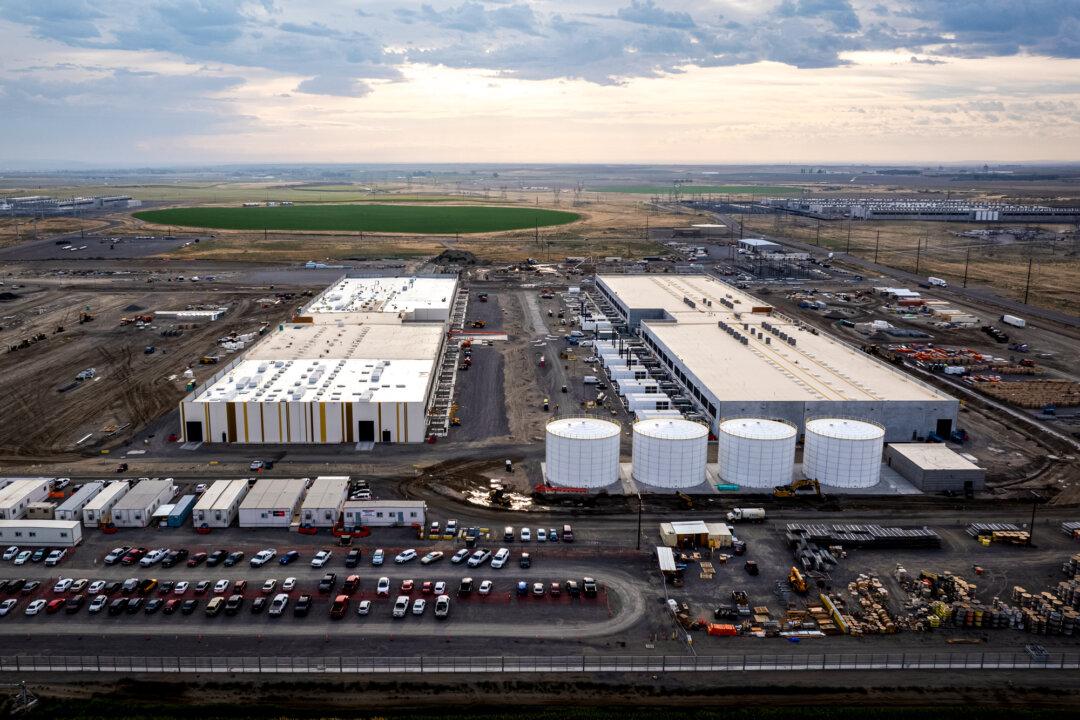Reps. Jeff Van Drew and Christopher Smith of New Jersey, Andy Harris of Maryland, and Scott Smith of Pennsylvania convened the first congressional hearing into the matter amid a surge in whale and dolphin deaths along the New Jersey shore, which they attribute to survey work for the wind farms.
Twenty-nine whales have died on the East Coast since Dec. 1. And six dead dolphins have washed ashore in New Jersey in the past month, including one on the eve of the hearing.
More than 500 gathered in the convention center where the congressional delegation heard public testimony from local experts and stakeholders.
Congressmen Concerned
Van Drew explained that Danish energy company Orsted plans to build its newest offshore wind farm along the Jersey coast, just 15 miles from the Wildwood Convention Center.
“More than 50 percent of the wind energy leases have gone to foreign firms,” Van Drew said. “That means foreign countries will be controlling your power.”
He called attention to a letter from BOEM’s own fisheries scientist to the agency warning of dangers to whales from offshore wind.
“This is their own scientist warning BOEM that offshore wind will severely impact the whales, yet they moved ahead and completely ignored the few people in their group who would tell the truth,” Van Drew said,
Smith agreed.
“Like the canary in the coal mine, the recent spate of tragic whale deaths has brought increased scrutiny to the fast tracking of thousands of wind turbines off our coast,” he said.
Smith called the wind farm approval process “shoddy at best,” and called for independent analysis of the “ocean altering impact of these projects.”
He pointed to findings from a Carnegie Mellon study last year that noted a “substantial risk that Category 3 or higher hurricanes could destroy nearly half or more of the turbines at some locations.”
He expressed concern about the lack of “publicly available data on turbine failures,” and referenced a recent Bloomberg report that “Orsted A/S, the world’s largest developer of offshore wind farms asked authorities in April to stop maritime traffic near some of its sites after blades fell off one of its turbines off the coast of Denmark.”





